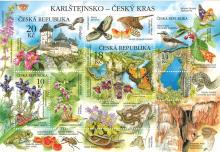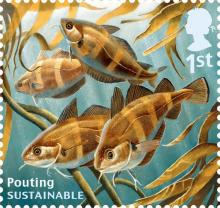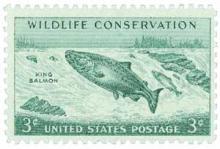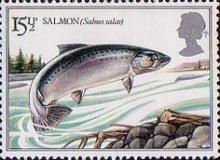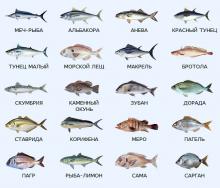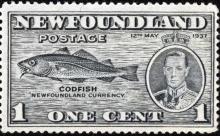Our Daily Poison - By Dr Rosemary Mason
- Read more about Our Daily Poison - By Dr Rosemary Mason
- Log in to post comments
In 2010, my life changed when Dr Henk Tennekes and I traded books. His was: The systemic insecticides: a disaster in the making and ours was: The Year of the Bumblebee: Observations in a small Nature Reserve. Dr Henk Tennekes, an independent toxicologist based in the Netherlands, was the first researcher to recognise the extreme toxicity of low levels of systemic neonicotinoid insecticides that have become widespread in the environment.

